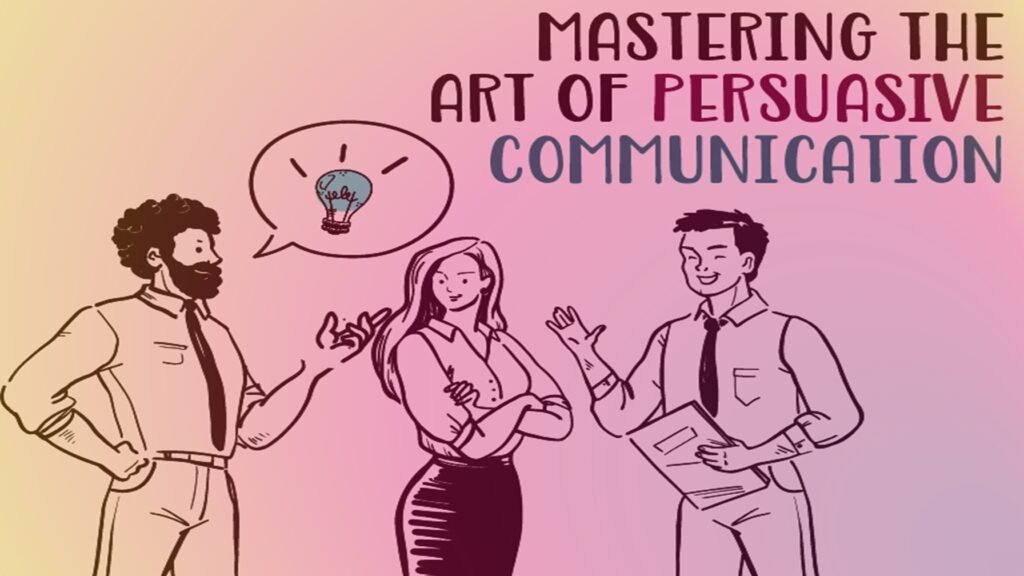In the world of sales, objections are as common as handshakes. They’re not roadblocks, but opportunities to showcase your product’s value and your expertise. This article will guide you through the art of overcoming objections with language (Persuasive Sales Language), transforming potential “NOs” into enthusiastic “YESes.”
What are sales objections?
Sales objections are concerns or reasons a potential customer gives for not making a purchase. These can range from price issues to doubts about product features or simply not seeing the need for your offering. Objections are natural parts of the sales process and shouldn’t be seen as rejections, but as chances to provide clarity and value.
Why is overcoming objections crucial?
Mastering objection handling is vital because:
- Builds trust: Addressing concerns shows you’re listening and care about the customer’s needs.
- Demonstrates value: Overcoming objections allows you to highlight your product’s benefits.
- Increases conversion rates: Effectively handling objections can turn hesitant prospects into satisfied customers.
- Improves your sales skills: Each objection is a learning opportunity to refine your approach.
How to overcome objections with language?
- Listen actively and empathize
Before you speak, listen. Show genuine interest in understanding the customer’s concerns. Use phrases like:
- “I understand how you feel…”
- “That’s a great point. Let me address that…”
- “I appreciate you bringing that up.”
- Reframe the objection
Turn the objection into a question or opportunity. For example:
- Instead of: “It’s too expensive.”
- Reframe as: “So you’re looking for the best value for your investment?”
- Use positive language
Replace negative words with positive ones:
- Instead of: “We don’t offer that feature.”
- Say: “Let me show you how our current features can meet that need.”
- Leverage social proof
Use testimonials and success stories to address objections:
- “Many of our customers initially had similar concerns, but they found that…”
- “One of our clients in a similar situation discovered that…”
- Ask questions to uncover the real objection
Sometimes, the stated objection isn’t the real issue. Probe deeper:
- “Can you tell me more about your concerns?”
- “What specifically about [objection] is holding you back?”
- Use “feel, felt, found” technique
This powerful technique shows empathy and provides a solution:
- “I understand how you feel. Other customers felt the same way initially. However, they found that…”
- Provide options
Offering choices can make the prospect feel more in control:
- “We have a few options that might address your concern. Would you like to hear about them?”
- Use softening language
Soften your responses to avoid sounding defensive:
- Instead of: “You’re wrong about that.”
- Say: “I see where you’re coming from. Let me provide some additional information that might be helpful.”
- Acknowledge and move forward
Sometimes, simply acknowledging the objection can be powerful:
- “I understand your concern about the price. Let’s look at the long-term value this investment will bring to your business.”
- Practice the “Yes, and” technique
Instead of contradicting the customer, agree and add information:
- Customer: “It seems complicated to use.”
- You: “Yes, it can seem that way at first, and that’s why we offer comprehensive training and support to ensure you’re comfortable with every feature.”
Conclusion
Remember, overcoming objections isn’t about winning an argument; it’s about guiding the customer to see the value in your offering. Your language should be confident yet humble, informative yet concise, and always focused on the customer’s needs.
By mastering these techniques, you’ll not only close more sales but also build stronger, more trusting relationships with your customers. Keep practicing, stay patient, and remember that each objection is an opportunity to showcase your product’s value and your expertise as a sales professional.


